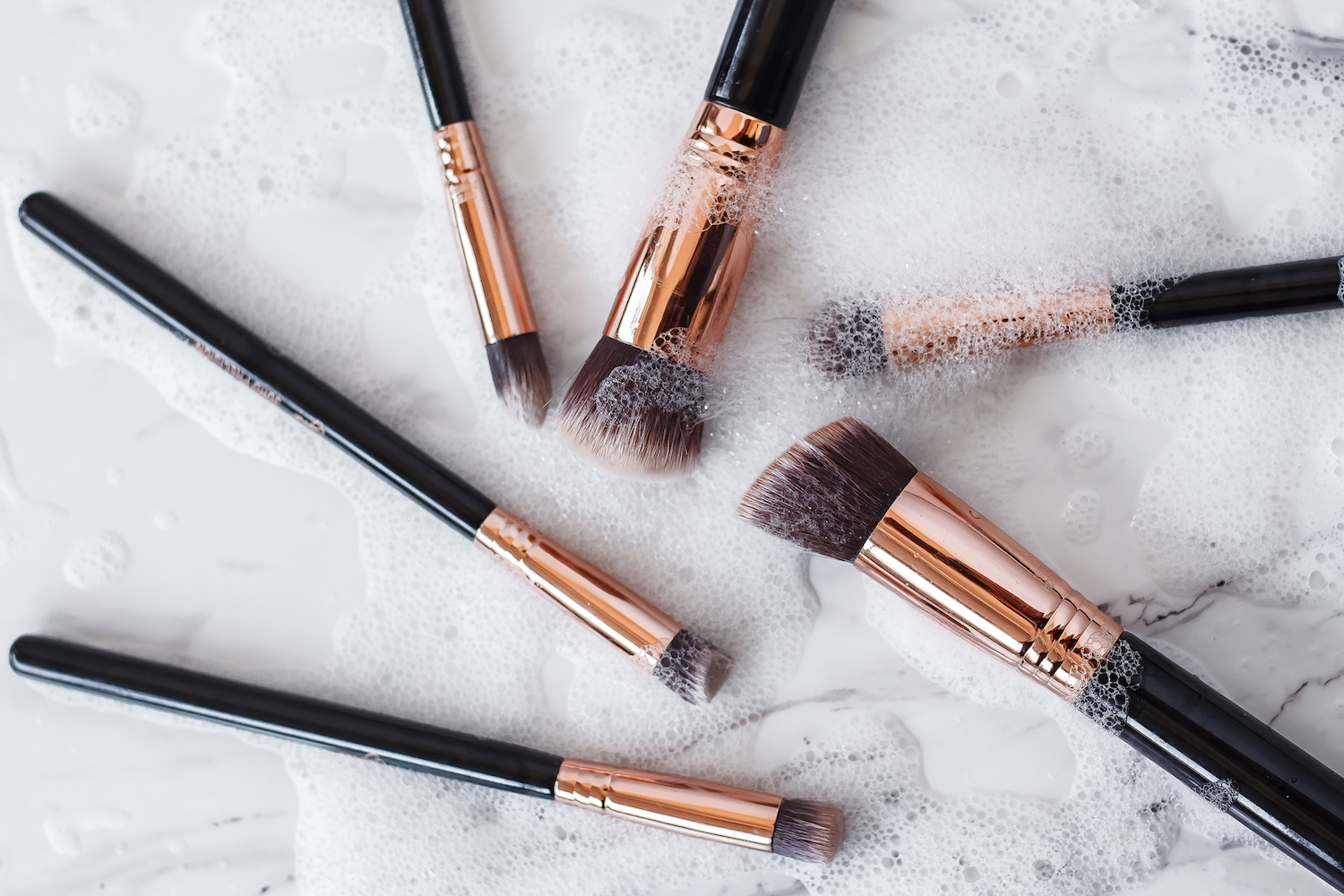Personal hygiene for most women includes monotonous activities such as brushing, flossing, bathing, and deodorizing. And that is all. However, personal hygiene is more than just keeping bad breath and body odor away.
As a woman, special care should be placed on feminine hygiene care. Taking good care of yourself is an important part of growing up. Maintaining feminine personal hygiene not only helps you to battle infections and detrimental diseases, (In some cases, bacterial infections may lead to sterility, disease, cancer, and other health problems.) but it creates an aura of freshness around, when you get busy with your chores.
So, ladies, just spare a few moments to look through the following 10 steps to maintain your vaginal hygiene.
1. Wear loose, breathable, bottom clothing. Tight pants, shorts, or panties made from synthetic fabrics can reduce the air circulation around your vagina and cause it to sweat, which can increase your chances for odors and infection.
2. Wear loose panties that allow for air circulation or that are made from a natural, breathable fabric such as cotton.
3. Eat a balanced diet high in nutrition. A diet with plenty of fruits, vegetables, and whole grains such as brown rice will help prevent your body and vagina from experiencing infections or ailments.
4. Wash your vaginal area daily with mild soap and water. Mild soap will help prevent your vaginal region from becoming irritated or infected due to exposure from harsh chemicals found in antibacterial or astringent soaps.
5. Rinse your vaginal region with fresh water after washing with soap, then dry off immediately with a clean, towel to prevent moisture build-up.
6. Wipe your genital area thoroughly after urination. This will help keep your vaginal area dry and clean throughout the day.
7. Wipe yourself from front to back after experiencing a bowel movement to prevent fecal matter from coming into contact with your vagina, which can cause a bacterial infection.
8. Wash your vaginal area after sexual intercourse. Bodily fluids and residue from condoms and other intimate products can cause infection, irritation, and odors if not removed from your vaginal region following intercourse.
9. Change tampons, sanitary napkins, and pantyliners frequently. When these menstrual products become soiled and are worn for long periods of time, they can cause you to experience foul odors and increase the risk of infection.
10. Use menstrual products that do not contain scents or dyes, as these products contain chemicals that can be harmful to your health.




